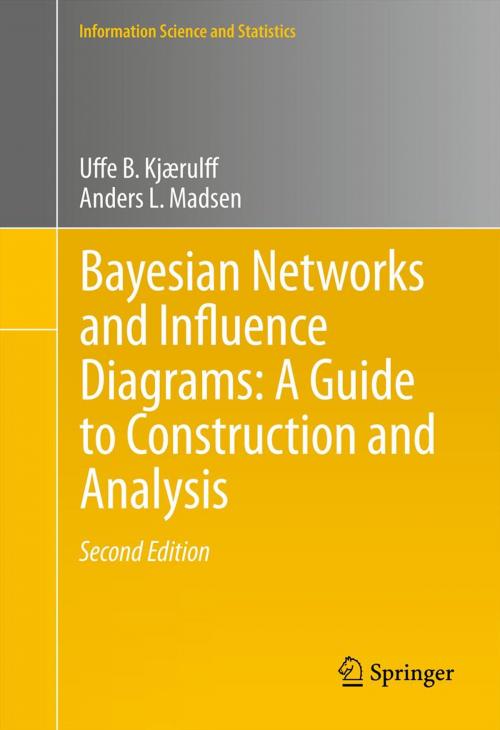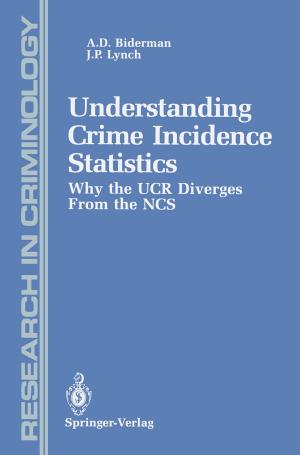Bayesian Networks and Influence Diagrams: A Guide to Construction and Analysis
Nonfiction, Computers, Database Management, Application Software, General Computing| Author: | Uffe B. Kjærulff, Anders L. Madsen | ISBN: | 9781461451044 |
| Publisher: | Springer New York | Publication: | November 30, 2012 |
| Imprint: | Springer | Language: | English |
| Author: | Uffe B. Kjærulff, Anders L. Madsen |
| ISBN: | 9781461451044 |
| Publisher: | Springer New York |
| Publication: | November 30, 2012 |
| Imprint: | Springer |
| Language: | English |
Bayesian Networks and Influence Diagrams: A Guide to Construction and Analysis, Second Edition, provides a comprehensive guide for practitioners who wish to understand, construct, and analyze intelligent systems for decision support based on probabilistic networks. This new edition contains six new sections, in addition to fully-updated examples, tables, figures, and a revised appendix. Intended primarily for practitioners, this book does not require sophisticated mathematical skills or deep understanding of the underlying theory and methods nor does it discuss alternative technologies for reasoning under uncertainty. The theory and methods presented are illustrated through more than 140 examples, and exercises are included for the reader to check his or her level of understanding. The techniques and methods presented for knowledge elicitation, model construction and verification, modeling techniques and tricks, learning models from data, and analyses of models have all been developed and refined on the basis of numerous courses that the authors have held for practitioners worldwide.
Bayesian Networks and Influence Diagrams: A Guide to Construction and Analysis, Second Edition, provides a comprehensive guide for practitioners who wish to understand, construct, and analyze intelligent systems for decision support based on probabilistic networks. This new edition contains six new sections, in addition to fully-updated examples, tables, figures, and a revised appendix. Intended primarily for practitioners, this book does not require sophisticated mathematical skills or deep understanding of the underlying theory and methods nor does it discuss alternative technologies for reasoning under uncertainty. The theory and methods presented are illustrated through more than 140 examples, and exercises are included for the reader to check his or her level of understanding. The techniques and methods presented for knowledge elicitation, model construction and verification, modeling techniques and tricks, learning models from data, and analyses of models have all been developed and refined on the basis of numerous courses that the authors have held for practitioners worldwide.















